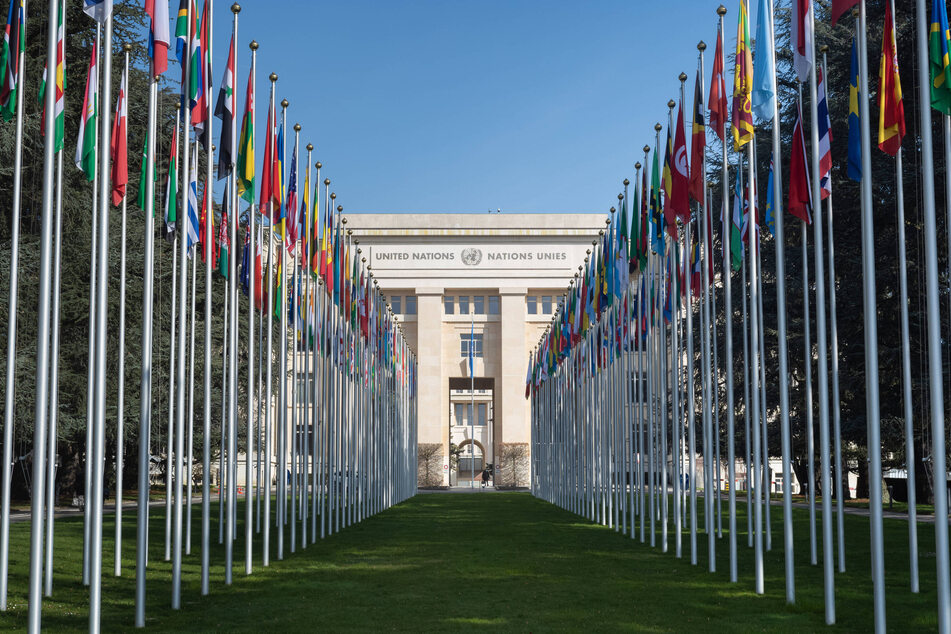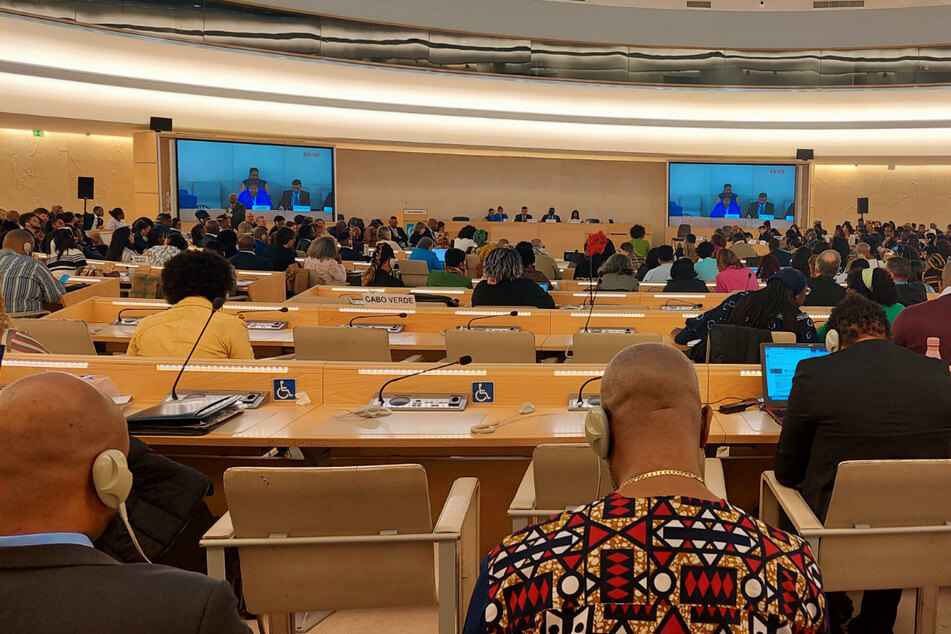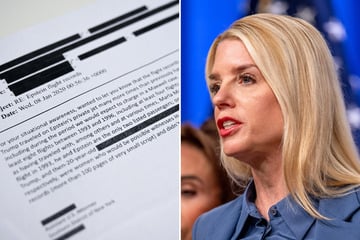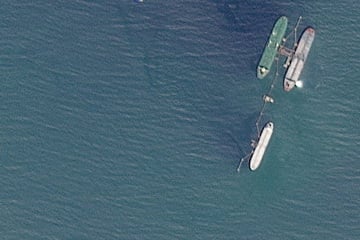UN Permanent Forum on People of African Descent convenes with resounding calls for reparations
Geneva, Switzerland - The third session of the United Nations Permanent Forum on People of African Descent (UN PFPAD) has opened with repeated calls for reparations for the legacies of enslavement and colonialism.

"Frank discussions on reparatory discussion to address the heinous legacy of slavery and colonialism can no longer be avoided," Dennis Francis, president of the UN General Assembly, said in a video address during the opening ceremony of the PFPAD's third session in Geneva.
The PFPAD is tasked with developing a framework for improving the quality of life for people of African descent and ensuring effective implementation of the Durban Declaration and Programme of Action (DDPA).
The 145-page DDPA provides a comprehensive blueprint for addressing racial discrimination, including effective reparations measures. The agenda serves as a guide to UN member states as they craft their own legislation and policy.
The UN General Assembly adopted the declaration in 2002. Nearly all member states were in agreement – with the exception of the United States and Israel, which voted against, and Australia and Canada, which abstained.
But over two decades later, UN member states' implementation of the DDPA leaves much to be desired, even as anti-Black and anti-African threats escalate around the world.
"The extent of Afrophobia has never been so clear," Dr. Barbara Reynolds, chair of the UN Working Group of Experts on People of African Descent, said on a panel ahead of the session.
"The impact of centuries of enslavement is cumulative. It’s compounded. And I don’t know about you, but I live it in my bones."
Addressing Afrophobia with reparatory justice

Members of the PFPAD and civil society continually upheld reparations as necessary to ending global Afrophobia – discrimination against people of African descent – which permeates all aspects of life.
Addressing the vestiges of enslavement, colonialism, and apartheid "entails not just symbolic gestures, but also concrete measures such as financial restitution," said Ashwini KP, UN special rapporteur on contemporary forms of racism, racial discrimination, xenophobia and related intolerance.
Despite the clear mandate, lack of public awareness and political will has resulted in inadequate application of the DDPA, while Western nations are accused of neglecting their moral and legal obligation to provide repair for gross human rights violations against people of African descent.
Among them is the US, with the Biden administration and Congress yet to establish a federal reparations commission, despite clear calls from the UN Committee on the Elimination of Racial Discrimination and civil society.
The PFPAD aims to secure meaningful advancements for people of African descent by providing a concrete framework for achieving reparatory, economic, and environmental justice.
"My advocacy on reparations and sustainable development and also on climate justice will be relentless, as the world believes we are not deserving of any of these," Dr. June Soomer said as she took over as the forum's chair.
"We will not be quiet. We will not be invisible. We will not disappear."
The third session of the PFPAD runs from April 16-19, featuring discussions on reparations for people of African descent in the US and around the world.
Cover photo: IMAGO / Xinhua

